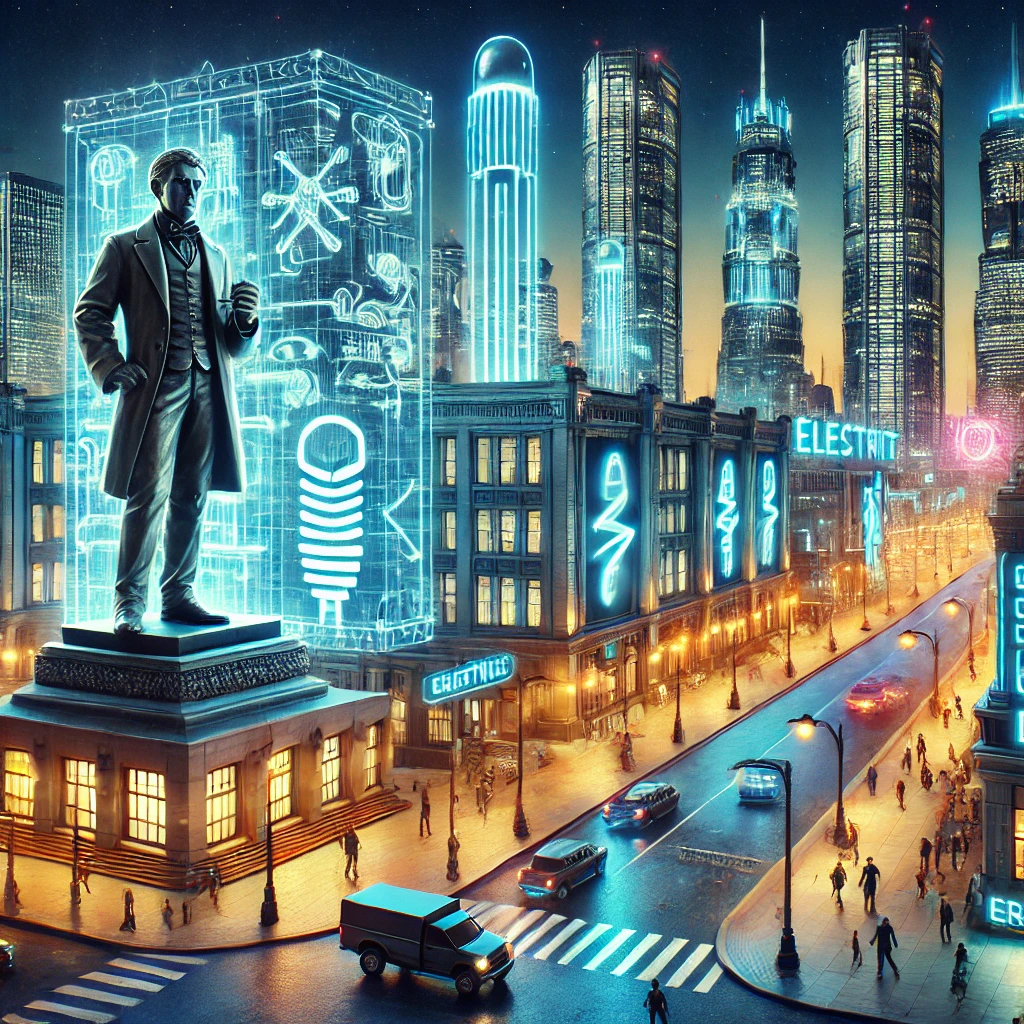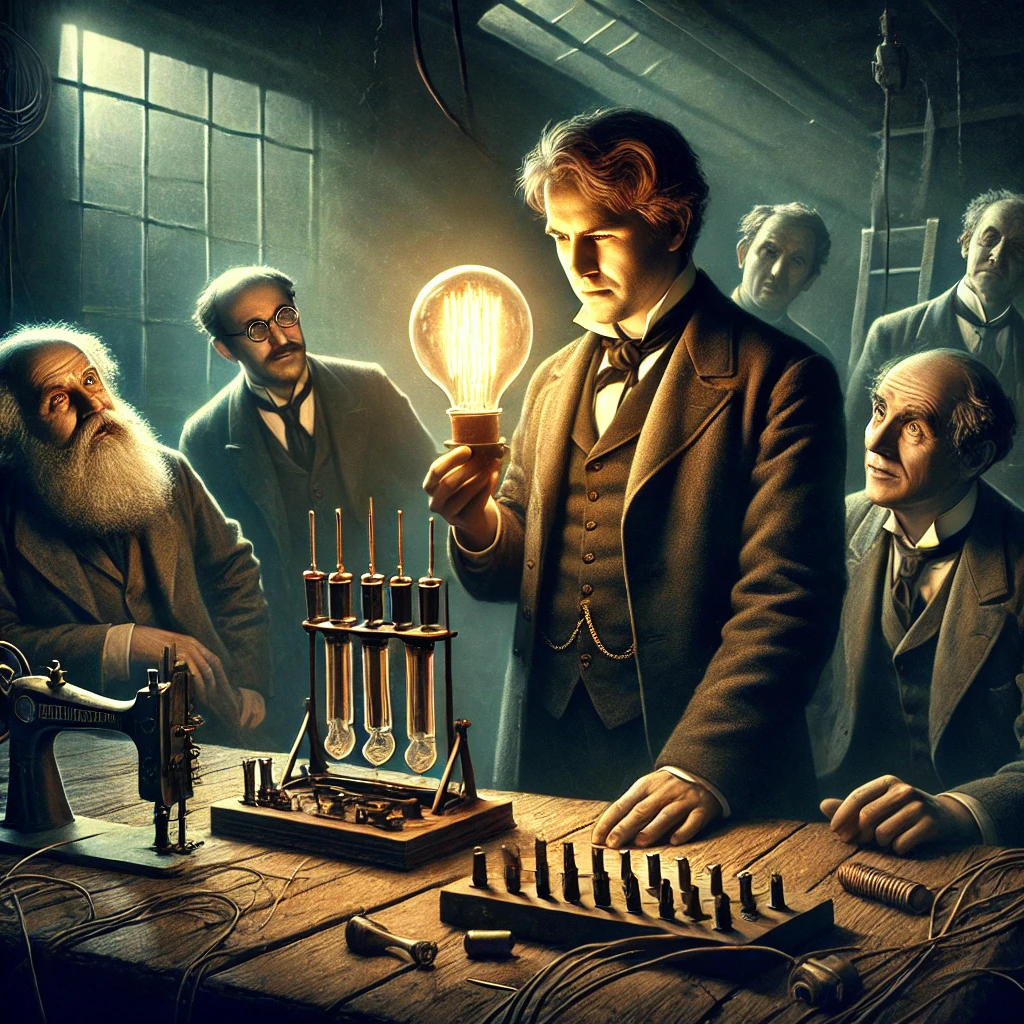On October 18, 1931, the world mourned the loss of American inventor Thomas Edison, a pioneering figure whose innovations significantly shaped the modern age of electricity. Edison’s contributions to technology and society were transformative, earning him a place in history as one of the most prolific inventors of his time. His death marked the end of an era, but his legacy continues to influence various fields, including electric power generation, communications, and sound recording.

The Journey of a Visionary Inventor
Born on February 11, 1847, in Milan, Ohio, Thomas Edison showed an early fascination with experimentation and invention. As a young boy, he sold newspapers and candy on the trains, which ignited his entrepreneurial spirit. His formal education was brief, as he was largely homeschooled due to hearing difficulties, but he developed a voracious appetite for learning, often conducting experiments in his makeshift laboratory.
Edison’s career began in the telegraph industry, where he invented the automatic repeater, which improved communication efficiency. However, it was his work in electricity that would secure his legacy. In the late 19th century, he began experimenting with electric light and power systems. His most significant breakthrough came with the invention of the practical incandescent light bulb, which revolutionized the way people illuminated their homes and workplaces.

Transforming the World with Electricity
Edison’s commitment to improving everyday life through technology led to the establishment of the Edison Electric Light Company in 1880. This venture marked the beginning of the modern electrical age, as Edison developed the first electric power station in New York City in 1882. The successful implementation of centralized power generation and distribution laid the groundwork for the electrical infrastructure we rely on today.
Beyond the light bulb, Edison’s inventions spanned a wide array of technologies, including the phonograph, the motion picture camera, and advancements in telecommunication. His innovative spirit and determination to find practical solutions to everyday problems positioned him as a leader in the American industrial landscape. Edison’s work not only changed how people lived and communicated but also propelled the United States to the forefront of technological advancement during the Industrial Revolution.
A Lasting Legacy
Thomas Edison’s death on October 18, 1931, marked the loss of a visionary who profoundly impacted the world. His legacy endures through the numerous inventions and innovations he developed, many of which remain integral to modern life. Edison’s approach to invention—emphasizing perseverance, experimentation, and collaboration—continues to inspire future generations of inventors and entrepreneurs.

Edison’s influence extends beyond his individual inventions; he established practices that would shape the fields of research and development. He was one of the first inventors to develop a systematic approach to innovation, utilizing teams of researchers and engineers to bring ideas to fruition. This collaborative model laid the foundation for modern research and development in technology and industry.
The passing of Thomas Edison on October 18, 1931, marked the end of an extraordinary life dedicated to innovation and improvement. His contributions to the electrical industry and myriad other fields continue to resonate in today’s world, reminding us of the power of creativity and the importance of perseverance in the face of challenges. Edison’s legacy serves as a testament to the transformative potential of human ingenuity, inspiring countless individuals to push the boundaries of what is possible and to illuminate the future with their own innovations. As we reflect on his life, we recognize that the light of his contributions continues to shine brightly, illuminating paths for future generations.
